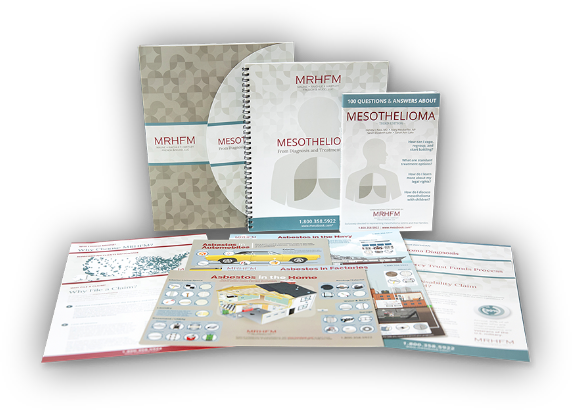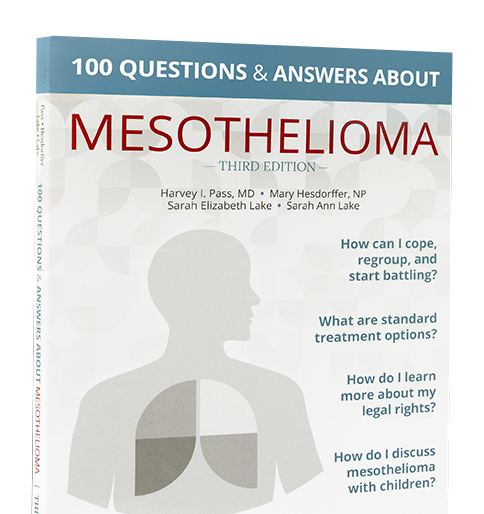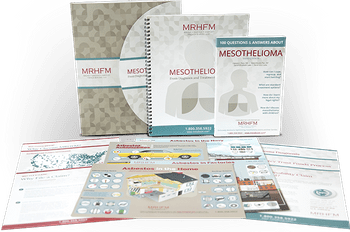Keytruda (pembrolizumab) works by increasing the ability of the body’s immune system to help detect and fight tumor cells. Unlike other drugs that attack cancer cells directly, Keytruda may stop cancer cells from hiding. This allows T cells to locate cancer cells and help the body’s immune system do the job it was designed to do: detect and fight cancer.
The drug has been called “promising” by researchers and a miracle by patients. One of the most famous success stories is former president Jimmy Carter who announced in December 2015 that the drug made his advanced melanoma “disappear.” The 92-year-old continued treatment through February 2016 and so far, the cancer is still “gone.” Keytruda performed so well and so fast in Carters case, that Merck, the maker of the drug, ceased a study in order to give all patients a chance to try it. This led to testing on patients with other types of cancer.
One large study consisted of 305 lung cancer patients. In the study, Merck researchers found that Keytruda worked as well, if not better than chemotherapy. These positive results prompted the FDA to give Keytruda “accelerated” approval for the treatment of non-small cell lung cancer (NSCLC). Clinical trials are ongoing, including those involving patients with malignant pleural mesothelioma. The latest findings by Merck researchers really do show “promise.”
Dr. Roger Dansey, senior vice president and therapeutic area head, oncology late-stage development, Merck Research Laboratories said, “as data from our initial trials exploring KEYTRUDA mature, we are encouraged to see durable clinical activity in difficult-to-treat cancers such as small cell lung cancer and malignant pleural mesothelioma, where new treatments are clearly needed. With our extensive immuno-oncology research program, we are developing KEYTRUDA across a range of thoracic malignancies, and we have additional studies underway in these two cancer types.”
Findings in Small-Cell Lung Cancer and Malignant Pleural Mesothelioma Show Overall Response Rates of 33.3 Percent and 20.0 Percent, Respectively. The safety profile of KEYTRUDA (pembrolizumab) was consistent with that observed in previously reported studies.
The KEYTRUDA (pembrolizumab) clinical development program includes more than 30 tumor types in nearly 400 clinical trials, including more than 200 trials that combine KEYTRUDA with other cancer treatments. Merck has initiated a phase 2 trial, KEYNOTE-158, to further evaluate KEYTRUDA in advanced solid tumors including SCLC and malignant pleural mesothelioma.” –Merck Newsroom
Keytruda is now approved to treat non-small cell lung cancer, head and neck squamous cell cancer (HNSCC), and advanced melanoma. It is the only immunotherapy drug approved for first-line treatment for NSCLC. The hope is that approval for the treatment of pleural mesothelioma will be next.
If you have been diagnosed with pleural mesothelioma, talk to your doctor about Keytruda or other groundbreaking therapies.
Sources
CNN Wire. "Can Your Own Immune System Kill Cancer?" Myfox8.com. Tribune Broadcasting, 30 Oct. 2016. Web. 19 Feb. 2017.
Fox, Maggie. "Cancer Drug Keytruda Keeps Some Patients Alive For 3 Years." NBCNews.com. NBCUniversal News Group, 18 May 2016. Web. 19 Feb. 2017.
Fox, Maggie. "Lung Cancer Trial Stopped When Jimmy Carter Drug Shrinks Tumors." NBCNews.com. NBCUniversal News Group, 16 June 2016. Web. 19 Feb. 2017.
"Keytruda Medication Guide." (n.d.): n. pag. FDA.gov. U.S. Food & Drug Administration. Web. 19 Feb. 2017.
Keytruda.com. Merck Sharp & Dohme Corp., a Subsidiary of Merck & Co., Inc., 2016. Web. 19 Feb. 2017.
Mohney, Gillian. "The Remarkable Cancer Treatment That Helped Jimmy Carter Combat Brain Tumor." ABC News. ABC News Network, 07 Mar. 2016. Web. 20 Feb. 2017.
Swetlitz, Ike. "‘I Want What Jimmy Carter Had’: Patients Clamor for the President’s Cancer Drug." STAT News. STAT, 09 Mar. 2016. Web. 19 Feb. 2017.
"Updated KEYTRUDA® (pembrolizumab) Data in Small Cell Lung Cancer and Mesothelioma Presented at 17th World Conference on Lung Cancer." Merck Newsroom. Merck Sharp & Dohme Corp., a Subsidiary of Merck & Co., Inc., 06 Dec. 2016. Web. 29 Jan. 2017.






